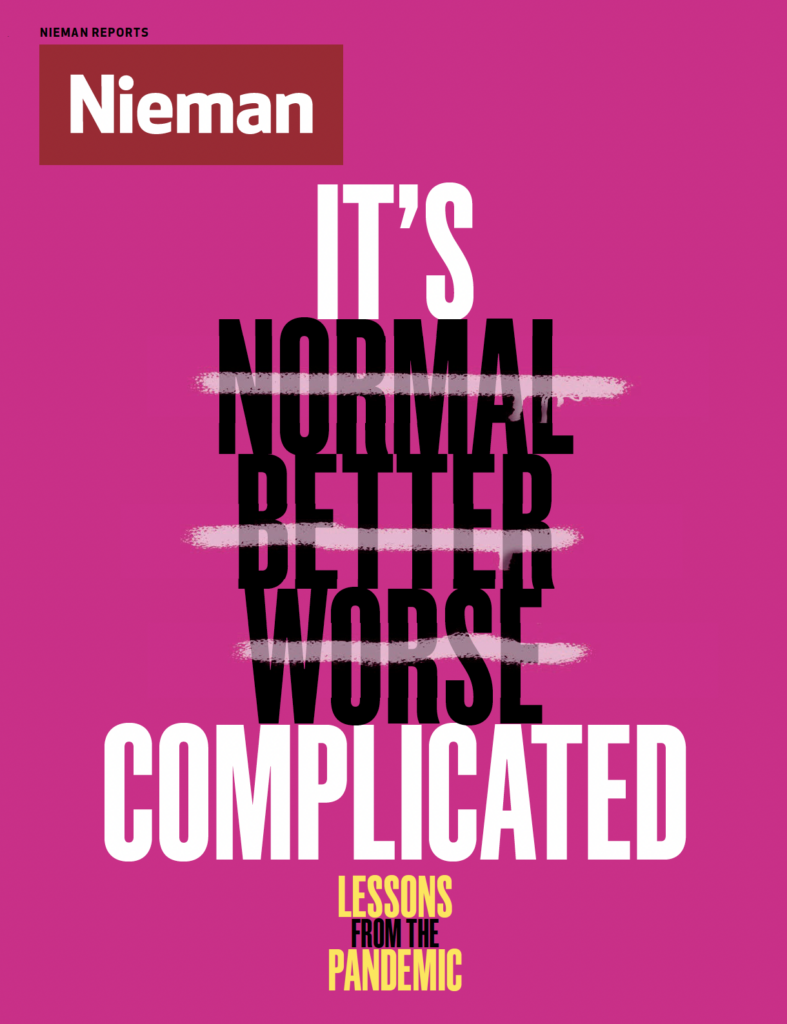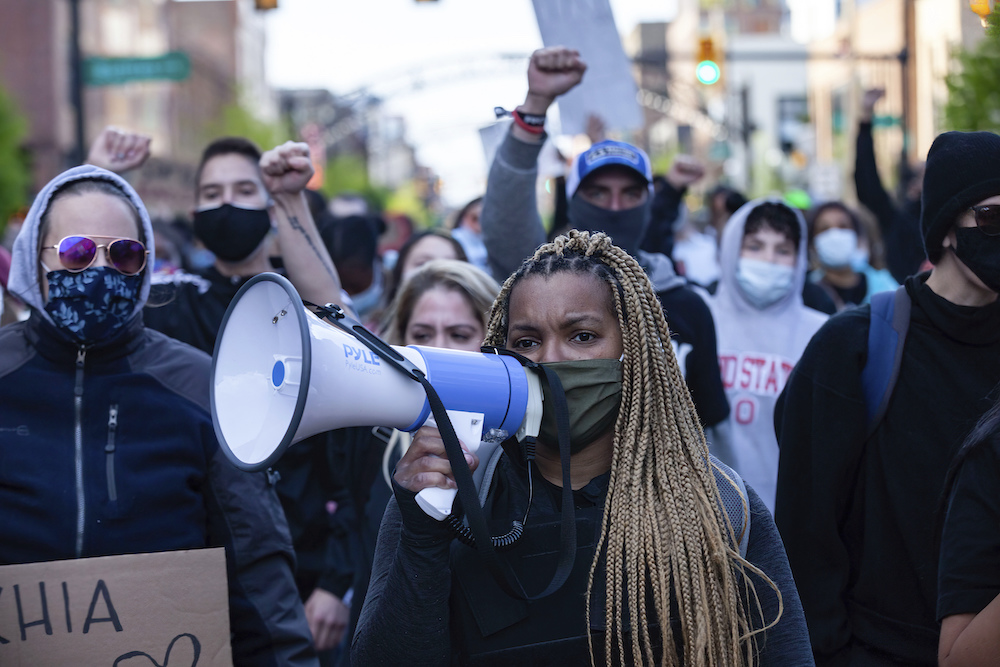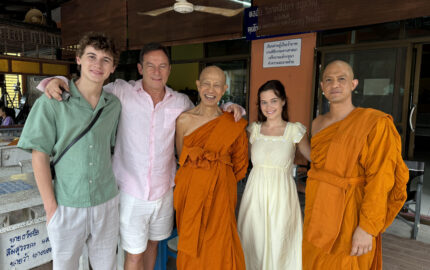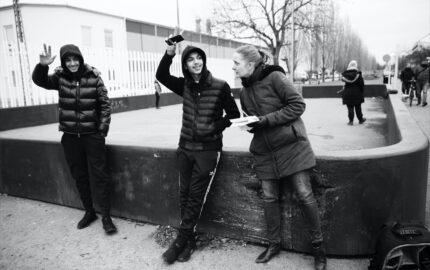
Hope that the coronavirus is finally being brought under control has prompted plans for a return to “normal.” But can, or should, journalism return to a pre-pandemic “normal?” Across newsrooms, the way we once covered education, sports, food, politics — any beat — is unlikely to be sufficient for the new moment we are entering.
What are the lasting lessons of this time? And how should we do journalism differently moving forward? These are the questions Nieman Reports explores in our essay series, Lessons from the Pandemic.
One of my primary beliefs as a journalist is that I work to shed light on the darkness. It’s a credo many of us in this field hold close to our hearts. It keeps us moving as we expose seemingly insurmountable systems of inequality, crack open foundations of racism, and aim to show some of the good in this world.
But the last year has shaken my faith in journalism to its core.
June 1, 2020, was my first day back to work after completing the Nieman Fellowship. It was a Monday, and the past several days had seen the pandemic and the murder of George Floyd open old wounds of racial disparity, pouring out in protest in streets across America.
It was far from my dream of a smooth return to my job as a producer at ABC News’ “Nightline.” Instead, I was working remotely from my studio apartment in Cambridge, staring head on at the project I’d taken the past nine months to study — implicit bias in instances of police misconduct and the ways in which news coverage, cell phone videos, and police body cameras illuminate how routine encounters can turn deadly. As the demonstrations swelled and some turned violent overnight, I realized I had finished my time at Nieman with more questions than answers.
In the midst of moving back to New York, I took on projects that looked at race and policing — from our correspondents talking about living as Black men in America to a data-driven look at how often Black Americans are stopped by police and the dangers they encounter.
In the fall, I moved into a new role as a senior producer in the race and culture unit at ABC News working at “World News Tonight with David Muir.” It was my first job in daily news after nearly a decade in longform journalism. I’d long been hesitant about moving into a leadership role in the newsroom, but I finally felt ready, and I wanted to make an impact on diversity and representation.
What I’ve learned over the past seven months is that covering race day in and day out in America most often means wrestling with despair. Former Harvard professor Cornel West says wrestling with despair is fundamental to holding on to hope. But finding hope when you are covering the worst of actions by your fellow men has proven difficult.
Since the start of the pandemic and the death of George Floyd, our nation has seen a rise in hate crimes against Asians and Asian-Americans, the storming of the U.S. Capitol by insurrectionists, and the continuation of fatal police encounters for Black and brown people. In March, a gunman went on a shooting rampage in Atlanta killing eight people, six of them Asian women. In April, I covered the deaths of Daunte Wright, Mario Gonzalez, Ma’Khia Bryant, and Andrew Brown Jr., all at the hands of law enforcement. Isaiah Brown was also shot, and weeks later he is still fighting for his life.
I cannot help but wonder if through highlighting the issues, we are making matters worse. Are we emboldening bad actors to carry out their hatred? They say the darkest hour is just before dawn, but how can we be certain that daylight is near?
I have to believe that news coverage leads to change. I don’t know what I’m doing if it doesn’t. So, for now, I am holding on to hope in the midst of despair.



